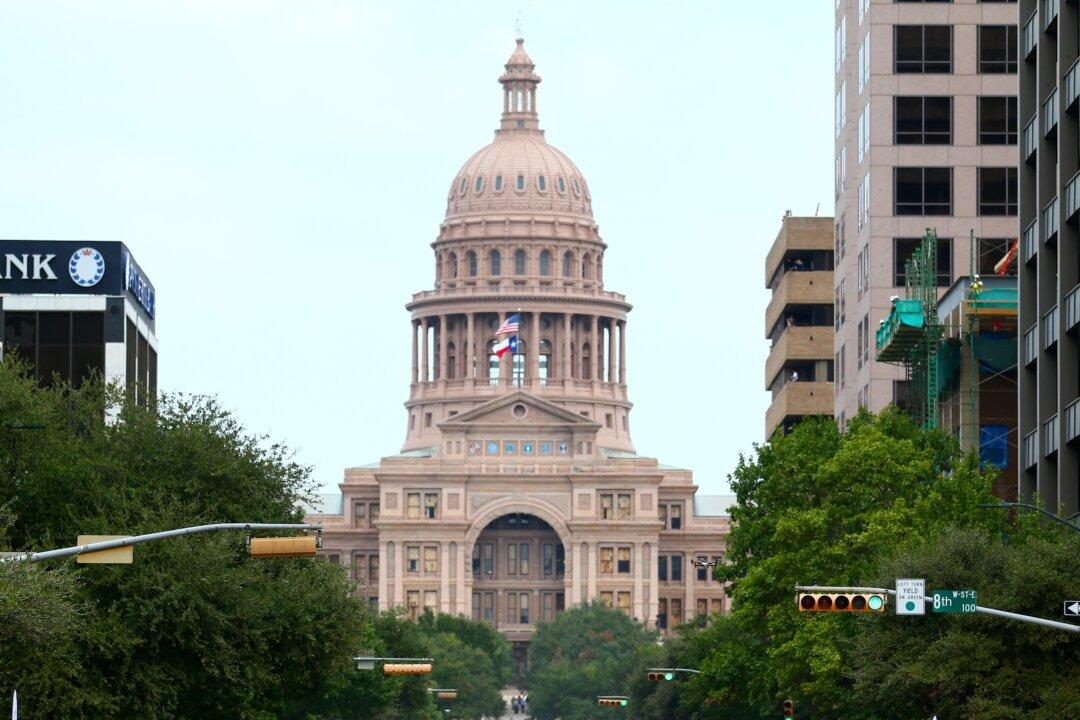A Texas bill that would mostly ban abortion in the state after the point when the unborn baby’s heartbeat can be detected has been signed by more than 50 lawmakers, nudging it toward possibly passing the Republican-controlled legislature.
The bill would prohibit abortion under felony charges in cases where the medical practitioner detects a heartbeat in the fetus, or fails to check for a heartbeat, which can be found as early as the sixth week of pregnancy—as early as four weeks after conception and less than two weeks after the pregnant woman misses her period.





